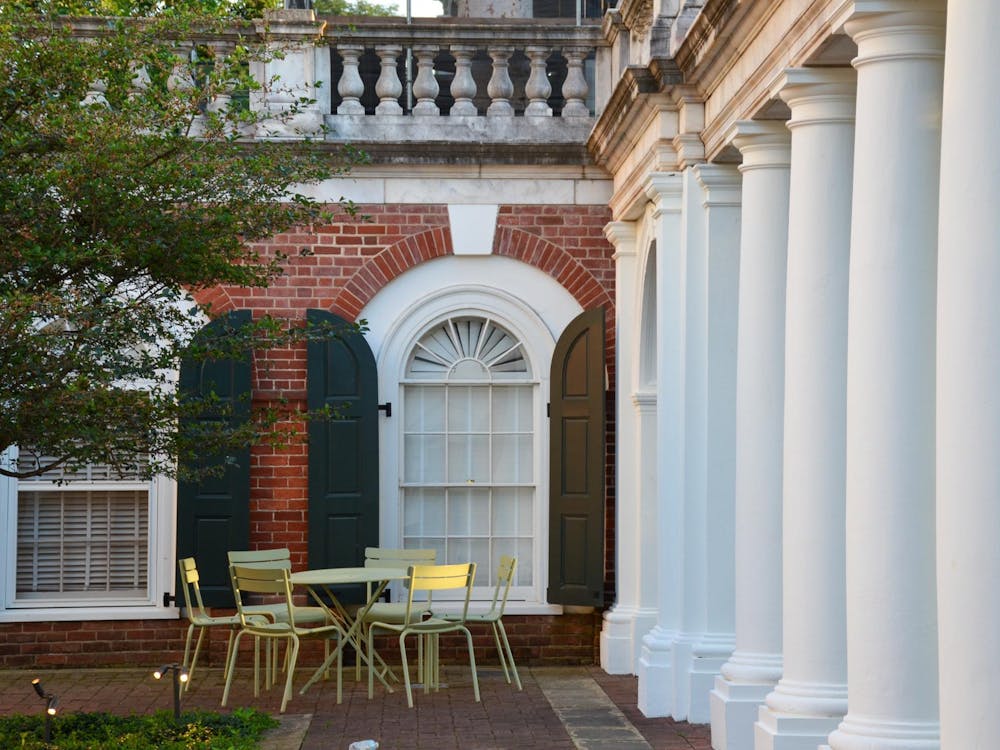Although they may no longer attend the University, several recent graduates are growing increasingly influential in planning for the University's future success.
In March 1998, President John T. Casteen III launched the Virginia 2020 program, in which selected !alumni met to discuss where they want the University to be in 20 years. Virginia 2020 plans far-reaching improvements in technology, fine arts, international activities and public service.
Today, after five such meetings with nearly 100 participants, Casteen said he considers the program "arguably the most successful leadership development, planning and consensus building exercises we have ever undertaken."
Casteen and other officials attend the sessions, but alumni are the ones discussing issues and offering recommendations, Vice President for Development Robert D. Sweeney said.
"During my time here I have attended hundreds of alumni meetings and donor group committees," Sweeney said. "This is the best, most insightful, and most inspirational discussion about the University during that time."
Invited alumni are individuals who held leadership positions as undergraduates, and have been very successful in their professional careers, said Gordon C. Burris, special assistant to the president.
Sweeney said young alumni offer a unique perspective on University affairs because they experienced it much more recently than did the University's current leadership.
"They love this place, and they are looking at it in a more analytical and lovingly critical way," Sweeney said. "They may not romanticize their experiences here as much as the older alumni do."
Officials said providing young alumni the opportunity to offer their ideas on the University's future gives them experience in leading University affairs, which many of the participants will do someday.
"Where are you going to get new leadership if you don't grow it?" Burris said.
Because many of the participants come from entrepreneurial backgrounds, many of the ideas they offer focus on integrating science and technology, Sweeney said.
Last fall's E-Summit, which discussed the growing use of technology in society, developed out of discussion from the first retreat.
Participants tend to support maintaining the honor system, continuing to have teaching and research complementing each other, and want the intellectual stimulation prevalent at the University to stay the same, said Joan B. Fry, special assistant to the president.
Originally, officials planned to hold only five sessions, but the success of the program prompted them to continue with the program for longer than the anticipated time, Sweeney said. He added the next session will be in the fall of this year.
In fact, Casteen said the program may expand to offer ongoing activities for past participants in the conferences, and will carry over to school advisory boards.
Sessions will continue to be held at sites throughout the country. Past locations include Martha's Vineyard, Mass. and Kiawah Island, S.C.
Faculty Senate Chairman David T. Gies and Janna Olson Gies, Virginia Quarterly Review managing editor, both attended the most recent retreat, held in Santa Fe, N.M.
Casteen said following the success of the Gies' participation, faculty will be part of future sessions.
"Linking faculty with alumni adds even more energy to the conversation," Sweeney said.
Officials said the Gies' offered a unique perspective both as faculty members and parents of two current University students.
"I would go on any [retreat] they invited me to," David Gies said.






